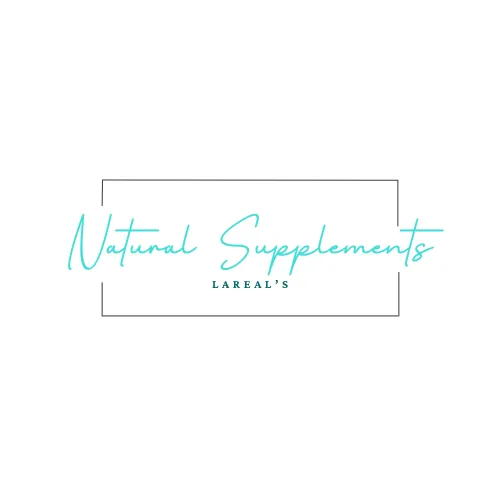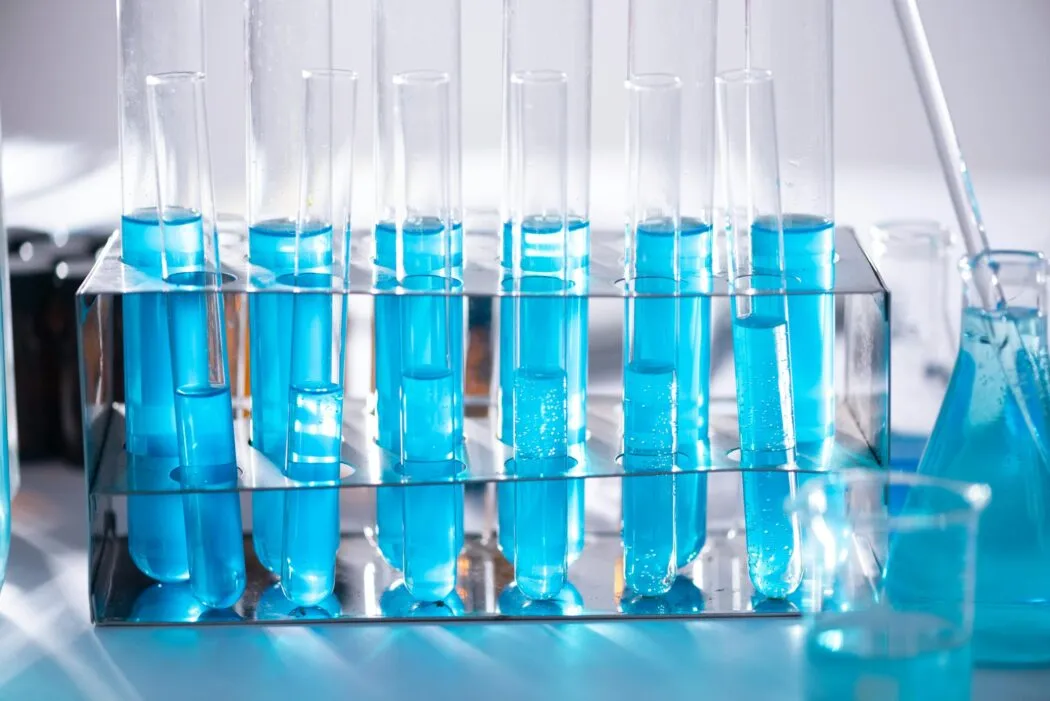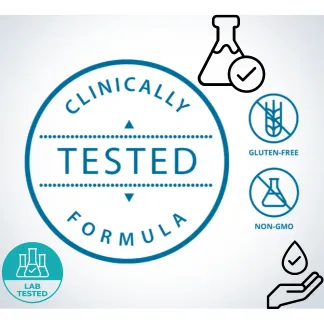In today’s health-centered society, we often find ourselves confronting a dizzying array of supplements and vitamins promising various benefits. As savvy consumers, understanding the integrity of these products is paramount. Enter third-party testing—a valuable process that not only enhances the credibility of health supplements but also safeguards consumer interests. This blog post delves into what third-party testing entails, its importance, and how it affects your health choices.
What is Third Party Testing?
Third-party testing refers to the analysis of products by independent laboratories that are unrelated to the manufacturers. These organizations are tasked with verifying claims about the safety, potency, and purity of various health products, including dietary supplements. By ensuring that the product contains what it claims on the label, third-party testing provides an assurance to consumers that they are making informed choices.
For instance, if a supplement label states it contains 500 mg of Vitamin C, third-party testing can confirm that the product indeed contains that amount, protecting consumers from misleading advertising.
The Role of Accreditation
Not all testing labs are created equal. Reputable third-party testing organizations are accredited by recognized authorities, which serves as a stamp of approval for quality and reliability. Certifications from organizations such as the U.S. Pharmacopeia (USP), NSF International, or ConsumerLab signify that the testing process adheres to rigorous standards. When shopping for supplements, look for these seals on product labels—it’s a simple way to ensure you’re choosing reliable products.
The Importance of Third Party Testing
Assurance of Quality and Safety
The global health supplement market is filled with promises of wellness benefits, but not all products are created equal. One of the significant advantages of third-party testing is that it provides an extra layer of safety assurance. Products undergo rigorous testing to check for contaminants such as heavy metals, pesticides, and other harmful substances. For example, a consumer purchasing omega-3 capsules would want to ensure that they are free from toxins like mercury. This level of scrutiny offers peace of mind, allowing individuals to focus on their health goals without fear of unintended harm.
Verification of Ingredients
Consumer confusion can often stem from discrepancies between product labels and the actual contents of the bottle. Third-party testing verifies that a supplement contains the stated ingredients and that the dosages match what is advertised. Take the example of protein supplements, which may list a certain amount of protein per serving. Third-party testing can substantiate these claims, thereby reinforcing consumer trust. Brands that commit to this transparent process differentiate themselves in a competitive market.
Empowering Consumers
When consumers understand that a product has undergone third-party testing, they feel more empowered in their choices. This empowerment is not just confined to individual purchases; it cultivates a broader culture of quality and accountability across the entire supplement industry. As informed consumers demand higher standards, brands that prioritize third-party testing will build stronger reputations, ultimately benefiting everyone involved.
Real-Life Stories: Third Party Testing in Action
Case Study 1: Lareal’s Natural Supplements
At Lareal’s Natural Supplements, we prioritize transparency and quality assurance in all our offerings. By incorporating third-party testing into our quality control process, we ensure that every supplement reflects our commitment to purity and potency. Our customers can confidently choose Lareal’s products, knowing they have been subjected to rigorous testing and validation.
Case Study 2: The Industry’s Shift Towards Testing
Historically, some popular brands faced backlash due to discrepancies in product labeling, leading to a decline in consumer trust. Many of these companies responded by embracing third-party testing in order to regain that trust. For example, a widely known protein supplement was found to contain far less protein than advertised, resulting in significant reputational damage. Following these incidents, more brands began adopting third-party testing to enhance accountability and security, leading to a more informed consumer base.
Actionable Tips for Consumers
- Research Brands: Before making a purchase, dive into the brands you’re considering. Investigate whether they provide proof of third-party testing and seal certifications.
- Look for Certification Seals: Familiarize yourself with reputable certification organizations and look for their seals on product labels.
- Read Labels Carefully: Always cross-check the ingredients and dosages listed on the label with third-party testing results if available.
- Prioritize Transparency: Choose companies that openly share their manufacturing processes and quality control measures. A commitment to transparency is often a good indicator of product quality.
Conclusion
Third-party testing is not just an added benefit; it is essential for ensuring the quality, safety, and efficacy of health supplements. With this knowledge, consumers are better equipped to make informed choices in the pursuit of their health goals. As you navigate the vast market of supplements, look for products that uphold the integrity of third-party testing, allowing you to invest in your health confidently.
Call to Action
At Lareal’s Natural Supplements, we are dedicated to offering high-potency, thoroughly tested vitamins and supplements. Explore our range today and experience the difference that quality and transparency make! Visit larealsnaturalsupplements.org to learn more and join our commitment to wellness and safety.













